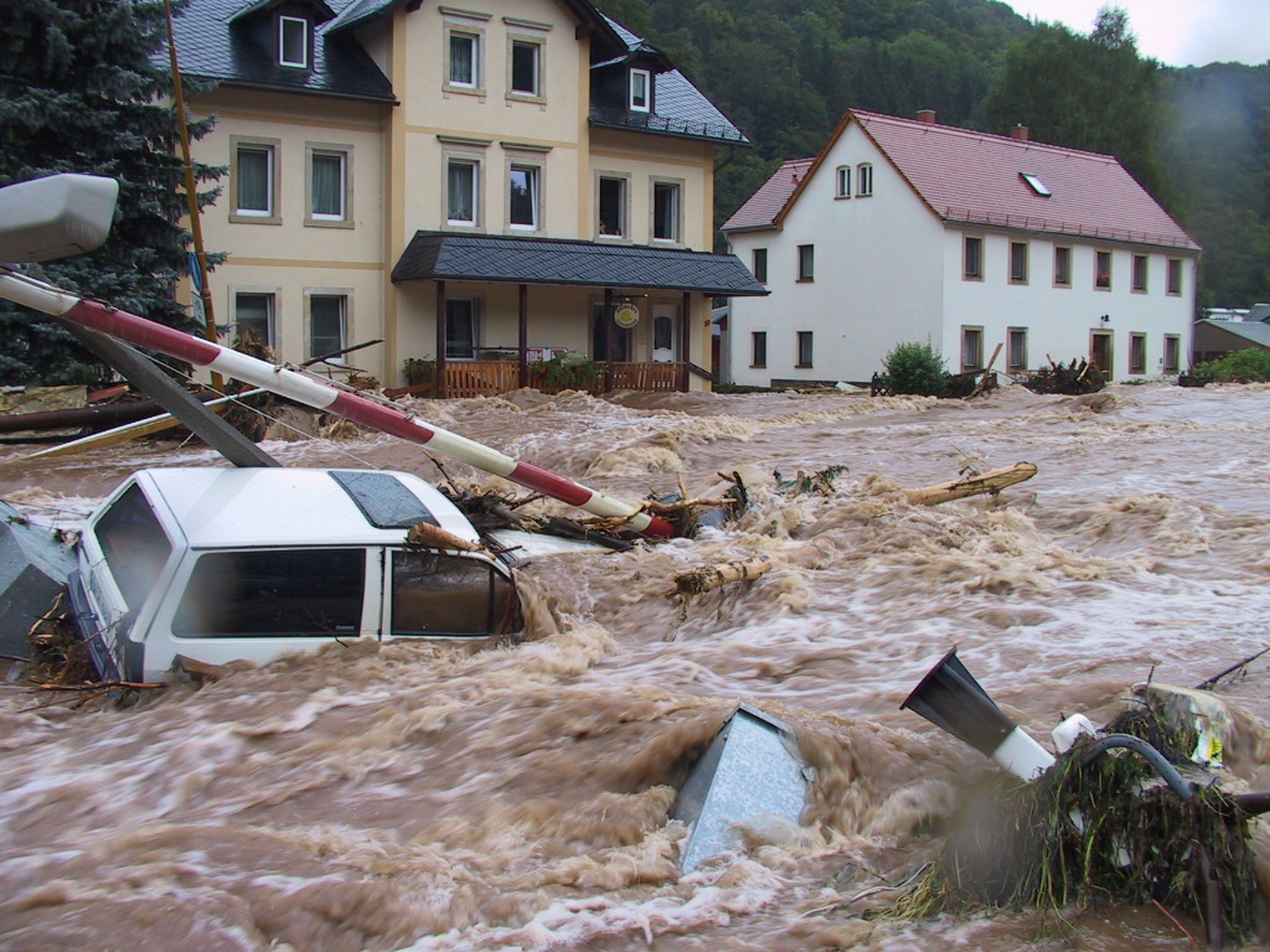Climate extremes are one of the major future threats to society, as recognized by several international bodies. Yet, it is difficult to conceive the question: “Which instabilities, tipping points and risk cascades are most likely emerging from the interaction of future climate extremes with ecological and societal systems?”
Even if climate change would be limited to “well below 1.5°C or 2°C” of global mean warming, as demanded by the Paris Agreement, the impacts of climate extremes are posing serious threats to human societies and ecosystems. While climate extremes are usually defined with extreme weather events in mind, risks to society emerge as well from longer-term (e.g. decadal) extreme climatic conditions, including slow onset events.
Climate and weather extremes the DKN Future Earth Working Group Societal Resilience is looking at (examples)
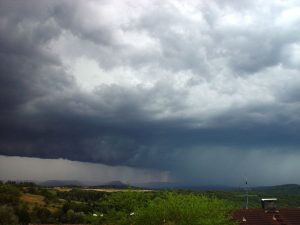 |
| Heavy rain |
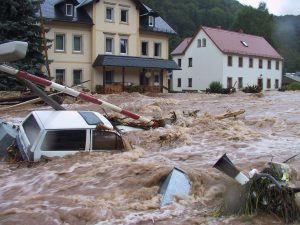 |
| Flood |
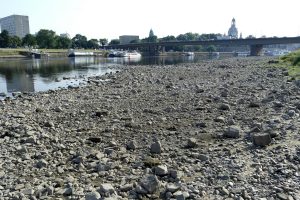 |
| Drought |
The topic of societal resilience in face of extreme events is highly relevant, yet interpreted in very different ways; and strengthening resilience is highly context-specific.
Our working group aims to advance the understanding of :
- Which impacts are expected to be caused by extreme climate events including risks emerging from compound events and cascades of impacts and feedbacks across ecosystems, infrastructures and society?
- What are key obstacles towards societal resilience across different sectors and SDGs, while facing climate extremes?
Concepts and approaches we use (examples):
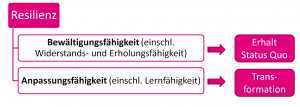 |
| Resilience Concepts by Petra Mahrenholz (UBA, KomPass) |
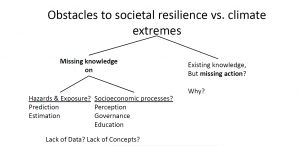 |
| Questions we ask ourself… |
 |
| Learning from the past… historical flood inscriptions in Florence by G.J. Schenk (TU Darmstadt) |
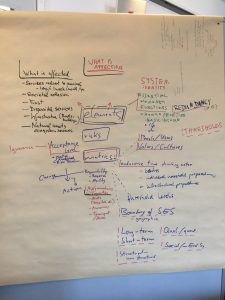 |
| Learning from expert workshops… here:3rd German Future Earth Summit (Berlin 2018) Roundtable Discussion ”Societal resilience and climate extremes” |
The key goal of the DKN Future Earth Working Group Societal Resilience is to envision how far the German and international scientific community may come in the next 5-10 years to answer the question “Which instabilities, tipping points and risk cascades are most likely emerging from the interaction of future climate extremes with ecological and societal systems?” by addressing the following specific goals:
- Enter into a dialogue with relevant stakeholders on existing and desired models for an optimized decision making in this context. Clarify the missing key elements.
- Analyze appropriate and achievable approaches and methods of coupling socio-economic and behavioral models with climate and ecological models for being capable of indicating the risk of extreme impacts on social-ecological systems.
- Elaborate how to leverage existing data for model improvement (from plausibility check to hypothesis testing to data assimilation), and how to acquire new data.
- Identify what climate extremes are most threatening to social-ecological system and what metrics are most useful risk indicators across time-scales?
- Envision high-level strategies of how societal resilience can be enhanced in light of the identified risk cascades.
